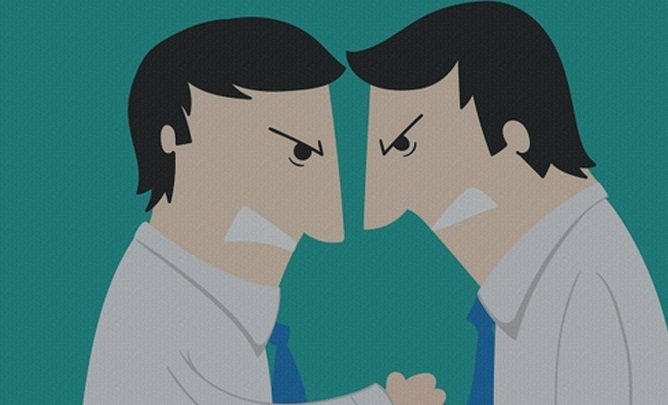Self-criticism is a special ability of a person to reflect himself and his own life, to independently search for his mistakes and shortcomings in his thoughts, behavior and actions. This ability is possessed by mentally mature and developed people. Psychology says that if self-criticism does not go beyond reasonable limits and is relevant to what is happening, it is a sign of a person's mental health. But excessive self-criticism may indicate that there are some neuropsychiatric disorders, but more on this later.

Do not take self-criticism as samoyedstvo, samopakanie or something else, which negatively affects self-esteem and which can be based on feelings of shame or guilt. Self-criticism is an opportunity to look at yourself as objectively as possible, and to evaluate your shortcomings and dignity to the same extent and compare them.
The basis of self-critical judgments is the person's inner beliefs, conditioned by his values, principles and even goals. Only when a person looks at himself through their prism, one can talk about self-criticism, because if he compares himself with the belief system of someone else, he is dependent and inadequately evaluates his own personality.
We will not argue that, together with the tremendous positive impact of self-criticism on consciousness, it can prove disastrous and lead to negative results. So let's figure out whether it's good or bad to be a self-critical person.